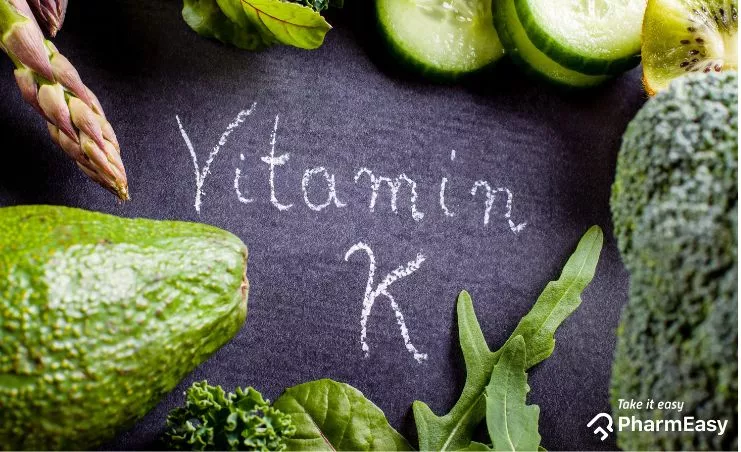There are vitamins and nutrients that, although we do not know their work, this is key to our health. Vitamin K is one of them, as it prevents intense bleeding and helps to fix calcium in the bones. Hence it is considered one of the main nutrients of the body. The lack of vitamin K can lead to difficulty clotting the blood, with subcutaneous bleeding and anemia pictures as more common.
Older people and newborns are the groups most at risk of vitamin K deficiency. Also, people with cardiovascular problems may suffer from vitamin K-avoidance anemia to prevent blood clotting and its consequences. In this type of patient, it is vital to take control of the amount of vitamin K in the diet.
List of Foods Rich in Vitamin K
Today, a daily dose of 75 micrograms per day is recommended in adults and adolescents, and 35 micrograms in children. Intake of foods such as cabbage or cauliflower contains all the vitamin K required by the body for proper functioning, so with certain exceptions, vitamin supplements will not need to be used.
With these you have to take special care, since vitamin K is of the liposoluble type, that is, the excess in the body does not dissolve as water, but is stored.
On the other hand, a distinction must be made between the two types of vitamin K that exist. Thus, vitamin K1 (philoquinone) is directly responsible for blood clotting, while K2 (menaquinone) makes calcium fixation in the bones. In this sense, the diet must be composed of foods rich in one structure and another.
Some of the foods richest in vitamin K1 or phylloquinone are vegetables and plant-based products such as:
– Broccoli
– The Cabbage
– The kale
– The lettuce
– The spinach
– The olive oil
– The soybean oil
On the contrary, foods with the highest vitamin K2 index are found fermented with bacteria such as cheese, meat, or avian products.
Green leafy vegetables
Among all the green leafy vegetables, the darker the color of the leaf, the higher the proportion of vitamin K will contain. Thus the kale, broccoli, Roman lettuce, kale, spinach, or green asparagus contain in a ration all the necessary vitamin K needs.
Unrefined Vegetable Oils
Whether soybeans, olive, or even rapeseed, unrefined vegetable oils contain as much vitamin K as green leafy vegetables.
Fruits and nuts with high vitamin K content
Some fruits such as kiwi, blueberries, grapes, or figs also provide a good portion of vitamin K to the body. Similarly, nuts such as cashews or pistachios, except for those with intolerance, will be suitable for varying the type of vitamin K foods from the diet.
Dairy products as foods rich in vitamin K
Dairy products of animal origin such as butter, milk, or cheese also contribute to getting the amount of vitamin K the body needs.

